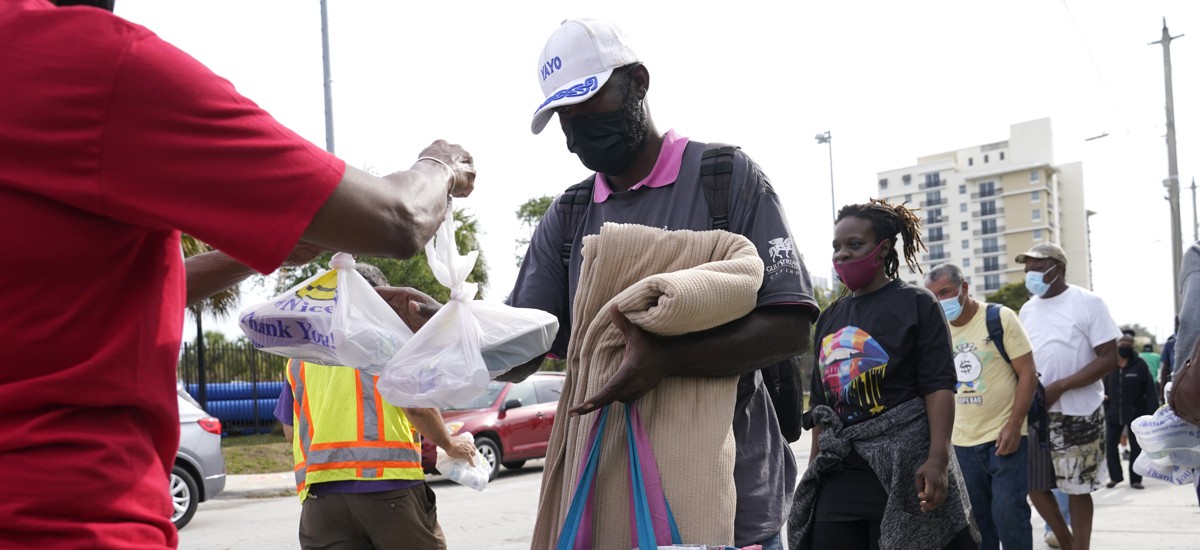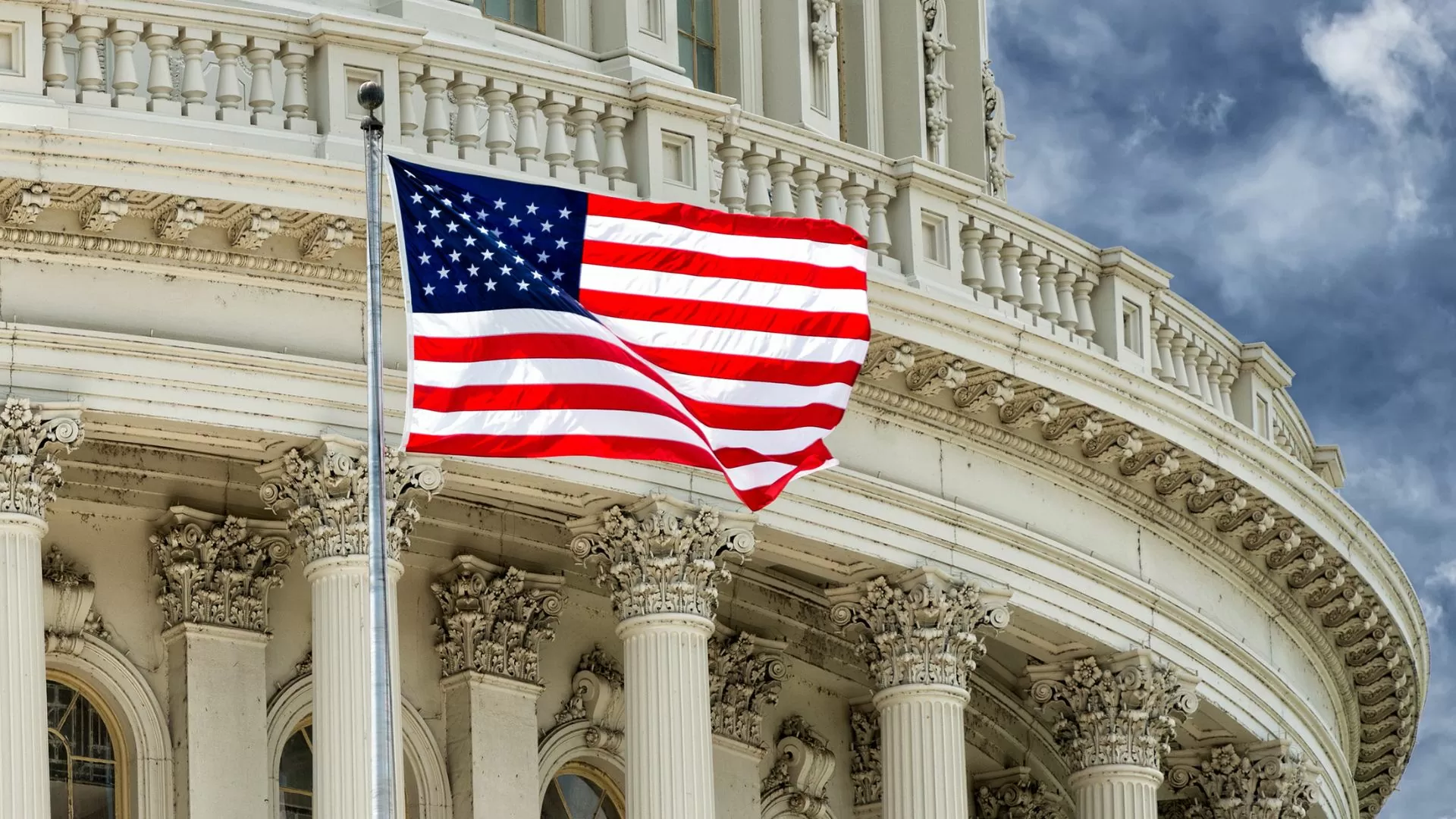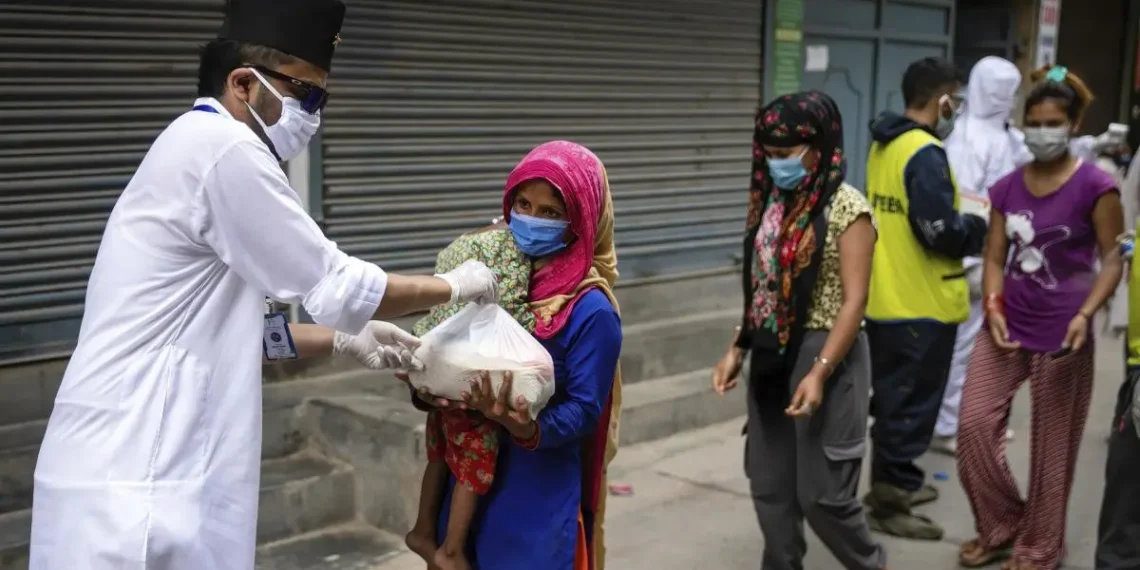Democrats in the U.S. Congress managed to avert some of the severe cuts proposed by Republicans to housing and social safety net programs. However, despite their efforts, low-income Americans will still bear the brunt of reductions outlined in the recent legislation.
Efforts to address the shortage of affordable housing for low-income families and to mitigate lead-paint contamination in aging structures faced setbacks in the newly enacted government spending measure.
The appropriations bills, passed earlier this month, mark a blow to housing advocates who have long warned of unmet needs exacerbated by the COVID-19 pandemic and escalating housing costs.

As negotiations continue, a new round of legislation, expected to be unveiled soon, may include funding for crucial health, labor, and education programs.
These measures, crucial for supporting teachers serving low-income students, enhancing maternal health, providing job training for disadvantaged youth, and bolstering HIV prevention efforts, hang in the balance.
The ongoing debates reflect the broader challenges facing lawmakers as they navigate federal spending priorities amidst a ballooning national debt exceeding $34.5 trillion.
Housing advocates, like Kevin Nowak of CHN Housing Partners, stress the urgency of addressing the soaring costs of affordable housing, particularly in communities grappling with concentrated poverty.

One significant setback includes a $250 million cut to the Housing and Urban Development Department’s “HOME” program, which assists in producing affordable rental and owner-occupied housing. With three-quarters of eligible households nationwide not receiving rental assistance, the need remains dire.
In Cleveland, a city with high poverty rates and a sizable Black population, these cuts are especially concerning.
While Democrats managed to maintain funding for federal housing voucher programs, ensuring rental assistance for millions of low-income families, Republicans secured cuts to agencies like the Environmental Protection Agency and FBI.
Despite these compromises, the impact on vulnerable communities remains significant, highlighting the ongoing challenges in balancing budgetary concerns with social welfare priorities.




